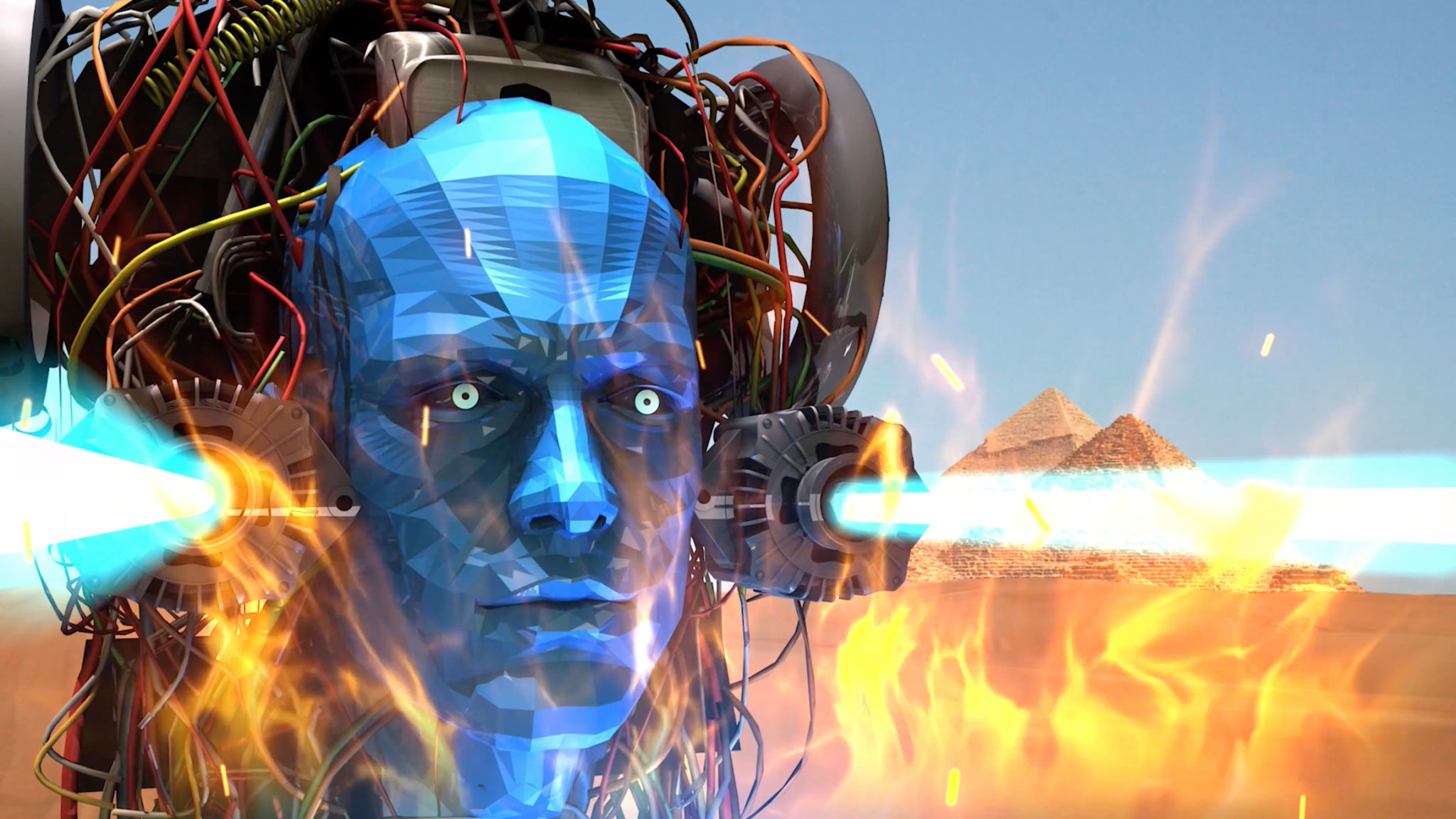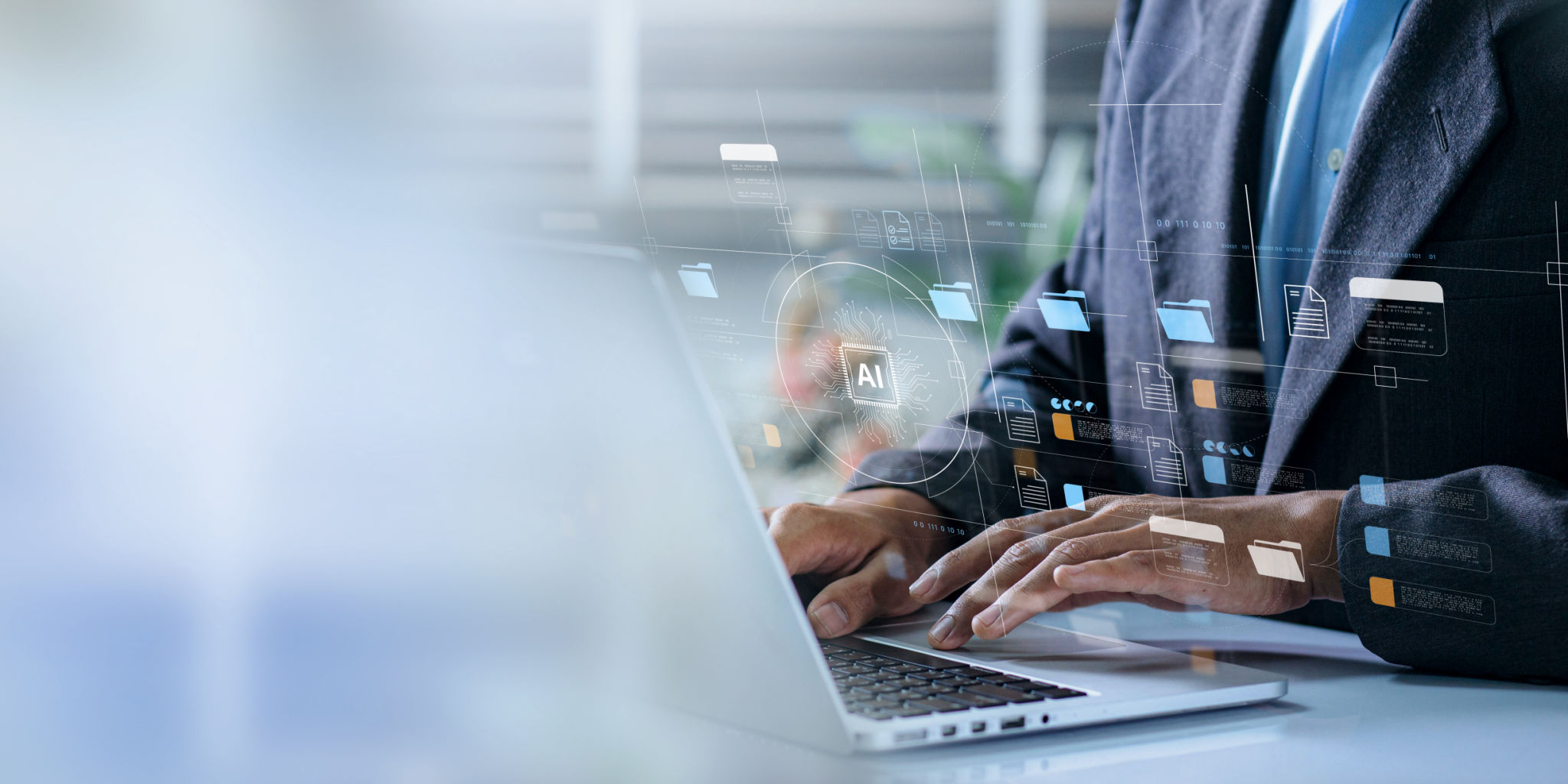Common Misconceptions About AI Debunked
DW
Understanding AI: Dispelling Common Myths
Artificial intelligence (AI) has become a buzzword across industries, yet many misconceptions still prevail about what it is and what it can do. As AI continues to evolve and integrate into various sectors, it’s crucial to separate fact from fiction. In this blog post, we’ll debunk some common myths about AI, providing a clearer picture of its capabilities and limitations.

AI Will Replace All Human Jobs
One of the most pervasive myths is that AI will lead to mass unemployment by replacing all human jobs. While AI is indeed automating certain tasks, it’s important to understand that it is also creating new job opportunities. The reality is that AI excels at handling repetitive tasks, allowing humans to focus on complex problem-solving and creative work. According to studies, AI is expected to create jobs in sectors like data analysis, machine learning, and cybersecurity.
AI Can Think and Feel
Another misconception is that AI can think and feel like humans. AI systems are designed to simulate certain aspects of human cognition but lack the consciousness and emotional depth of a human brain. Current AI technologies operate based on algorithms and data, without any ability to experience emotions or possess self-awareness. They are tools created to enhance human capabilities, not replace human intuition or empathy.

AI Is Infallible
Many people believe that AI systems are error-free and can always be trusted to make the right decisions. However, AI is not infallible. It relies on data for learning and decision-making, which means it can inherit biases present in the data. Additionally, AI systems require continuous monitoring and updates to ensure accuracy and relevance. Understanding these limitations helps in making informed decisions when implementing AI solutions.
AI Works Autonomously Without Human Intervention
There's a common belief that AI systems can operate entirely on their own without any human oversight. In reality, effective AI deployment often requires significant human involvement. From the design phase to implementation and maintenance, humans play a critical role in guiding AI systems. Human oversight is necessary to ensure that AI applications align with ethical standards and organizational goals.

Only Tech Companies Can Benefit from AI
It’s often assumed that only tech giants can harness the power of AI. However, businesses of all sizes and industries can benefit from AI technologies. From improving customer service with chatbots to optimizing supply chains with predictive analytics, AI offers diverse applications that enhance efficiency and drive innovation across sectors.
In conclusion, understanding the true capabilities and limitations of AI is essential for leveraging its potential effectively. By dispelling these common misconceptions, we can embrace AI as a valuable tool for enhancing human productivity and innovation. As AI continues to evolve, staying informed and critical of its development will ensure that its integration into our lives is beneficial and ethical.